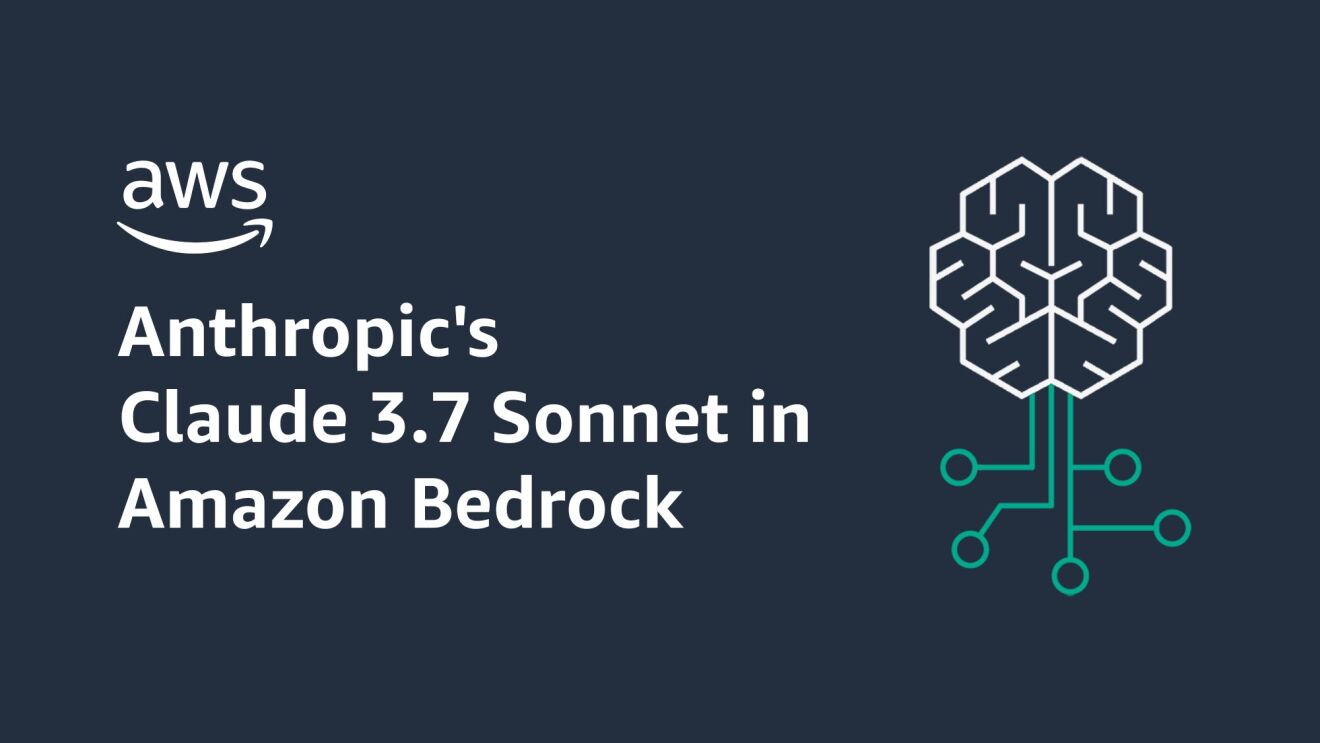Micro, small, and medium-sized enterprises (MSMEs) are often unsung laboratories of innovation across the globe, supporting about 60% of the gross domestic product in Organisation for Economic Co-operation and Development (OECD) countries. These nimble organizations with fewer than 250 employees often position themselves at the forefront of experimentation with cloud-based technologies, such as artificial intelligence (AI) and machine learning (ML).

AWS's “Realizing a Cloud-enabled Economy: How Cloud Drives Economic and Societal Impact Through Micro, Small, and Medium-Sized Businesses” report, conducted in collaboration with Accenture, examines how businesses are addressing societal challenges as they transition to the cloud. The top-line results reveal MSMEs in healthcare, education, and agriculture sectors are expected to drive $161 billion in annual productivity gains and support 95.8 million jobs by 2030. That's equivalent to about 8% of the total employment across the 12 countries studied.
Here are six highlights from the report.
1. AI is driving societal impact globally
Of the businesses surveyed, 78% identified AI, including generative AI, natural language processing (NLP), and ML as the technologies likely to drive the most societal impact by 2030. Businesses can use generative AI in numerous ways, such as assisting medical professionals in analyzing patient data and test results, or helping educators review curricula and education materials to produce better exam questions.
2. Healthcare value is unlocked through better telehealth

By 2030, cloud-enabled MSMEs providing healthcare solutions are expected to unlock $77.7 billion in annual productivity benefits and support one in three telehealth consultations. That is up from one in 10 currently. Using AWS, companies like Australia-based Osara Health provide virtual support to cancer patients and caregivers. Their applications have dramatically increased the likelihood of a patient returning to work after cancer.
3. Education services are more accessible with cloud computing

By 2030, one in three of primary and secondary students and one in four adults are expected to access online education via cloud-enabled MSMEs, unlocking $51.8 billion in annual productivity benefits. With cloud computing applications, especially those powered by AI, education curricula become more engaging, personalized, and easier to access for students of all ages and stages. For example, Brazilian educational platform Studos helped students improve their learning levels by about 14% using cloud-based education tools to help them prepare for standardized tests and exams.
4. Harnessing the power of data to change the food equation

Data-driven, cloud-based solutions have taken a strong place in helping farmers deliver healthier, higher-quality food. By 2030, it is estimated that one in eight farms will use precision agriculture supported by cloud-enabled MSMEs—this is up from one in 34 currently. Canadian-based OneCup AI, for instance, provides AI-powered facial recognition, tracking, and surveillance for the cattle livestock industry and has been able to leverage AWS to expand business globally.
5. Cloud adoption is still in its early days

The report shows the average intermediate cloud adoption, such as the use of customer relationship management or enterprise resource planning tools, across the included countries studied hovers at 19%. Advanced cloud adoption, such as the use of AI and ML tailored for sophisticated tasks, including fraud detection or supply chain forecasting, stands at 13%, showing we still have a way to go to fully realize the potential of cloud technologies.
6. More collaboration and education are needed to accelerate innovation
The report reveals that cybersecurity, organizational culture, access to digital infrastructure, and technology skills are the primary barriers to cloud adoption for MSMEs. To address these challenges and realize the potential of a cloud-enabled economy, even more coordination between governments, educators, and industries is needed. For example, AWS Activate helps startups at the earliest stages looking to accelerate and grow their business. Since 2019, the program has provided more than $2 billion in AWS credits to help startups manage costs, get technical expertise, industry training, and business mentorship.
The report covers 12 countries globally, including Australia, Brazil, Canada, France, Indonesia, India, Japan, Korea, New Zealand, Singapore, UK, and the U.S., and uses a combination of publicly-available datasets from the OECD, the World Bank, the Conference Board Total Economy Database, market sizing techniques, and survey analyses.
If you are interested in learning more about the potential benefits MSMEs could contribute to economies and societies, read the full report.
Trending news and stories
- What is Amazon Pet Day? 48 hours of dedicated pet deals May 13-14
- LinkedIn names Amazon a top US company where people want to work for the eighth year in a row
- CEO Andy Jassy’s 2024 Letter to Shareholders
- AWS is first major cloud provider to deliver Mistral AI’s Pixtral Large as a fully managed, serverless model












